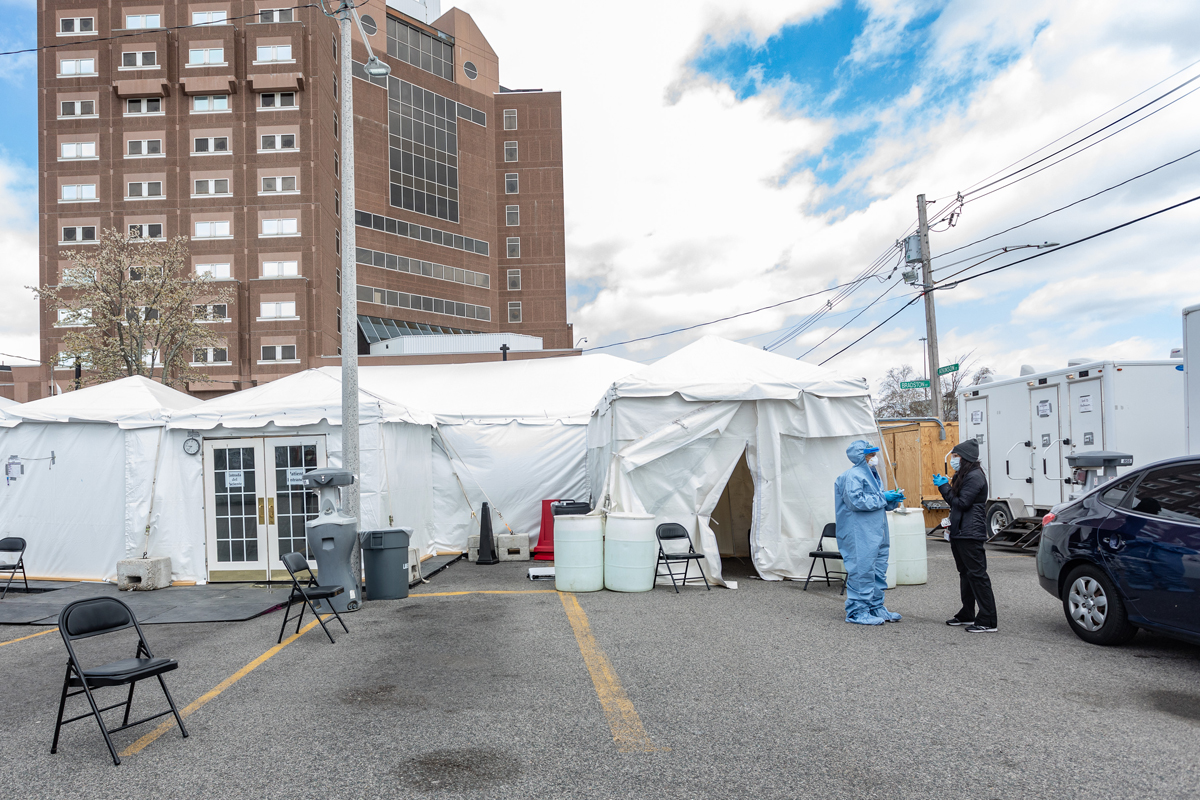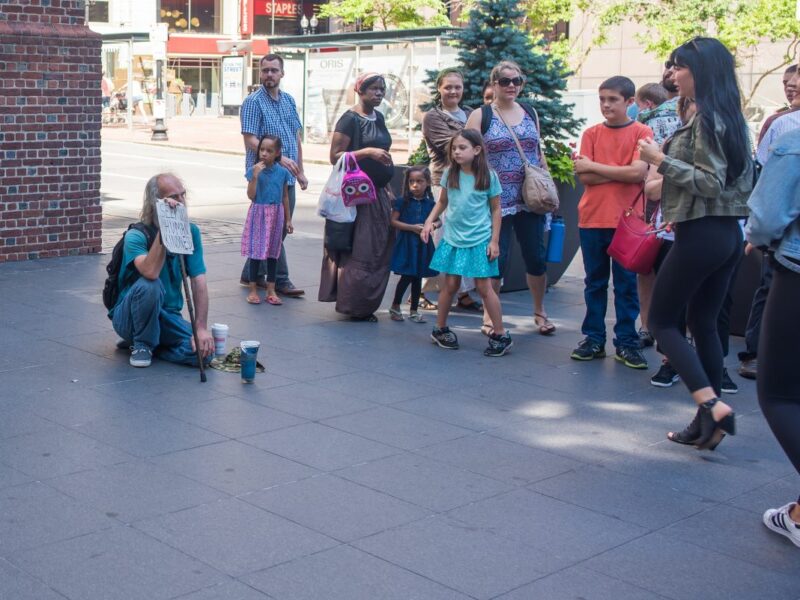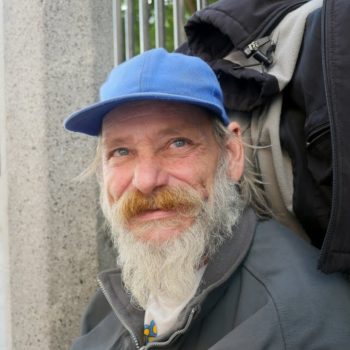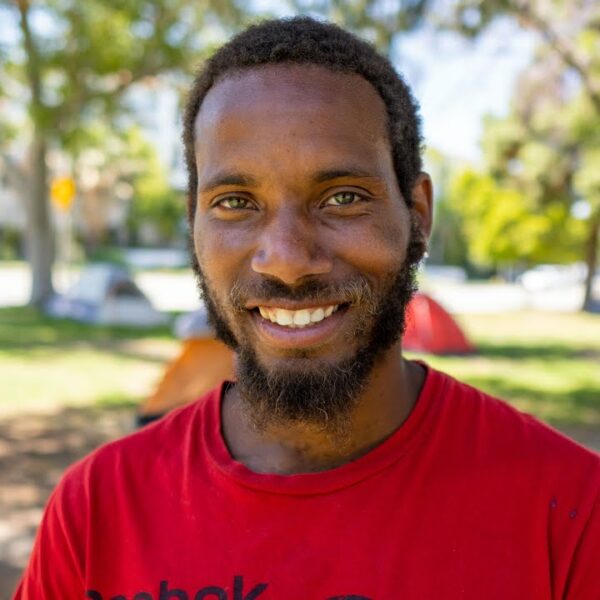In Boston, 146 confirmed cases of coronavirus have been reported from the Pine Street Inn homeless shelter. The surprise? Not a single individual displayed any symptoms.
The Centers for Disease Control and Prevention is now “actively looking into” these unexpected results. The broad-scale testing took place in April at the shelter in Boston’s South End as a safety measure.
This is because there had been a small grouping of cases within the facility. In most cases, large-scale testing wouldn’t usually take place.
Out of the 397 people tested, 146 tested positive without any symptoms – that’s around 36% of the group.
Such results prove the enormity of asymptomatic cases during the coronavirus pandemic and the importance of more rigorous testing. Otherwise, COVID-19 can spread like wildfire among homeless communities without awareness.
Eventually, the virus can pass to homeless people that may be more vulnerable to disease, leading to devastating results. Not to mention, the spread can then reach the general public, too.
But how will Boston and other cities move forward with testing to avoid such crises reoccurring? Let’s delve more into the story and learn how shelters can deal with large asymptomatic coronavirus cases.
Underestimating Asymptomatic Cases
It’s fair to say that a large number of asymptomatic coronavirus cases tested caught officials off guard. Every single case of the 146 people that tested positive came back asymptomatic.
Officials quickly moved the 146 homeless people who tested positive for the virus to two different temporary isolation buildings in Boston. Surprisingly, Boston 25 News reporter Drew Karedes noted that it was the first time that a whole homeless shelter in the United States had been tested for COVID-19.
It’s recognized that the CDC is now looking into the results.
“These are larger numbers than we ever anticipated,” stated Dr. Jim O’Connell, president of the Boston Health Care for the Homeless Program. This is the organization that provides medical care at Boston’s shelters. “Asymptomatic spread is something we’ve underestimated overall, and it’s going to make a big difference.”
O’Connell further noted that the situation was like a “double knockout punch”:
“The number of positives was shocking, but the fact that 100 percent of the positives had no symptoms was equally shocking,” he said.
One individual who first tested positive with no symptoms eventually required hospitalization. The rest of the 145 cases didn’t go on to develop any symptoms though.
According to O’Connell, the results have changed the process of screening COVID-19 across the city’s homeless shelters.
Not only do these eye-opening results raise questions about the genuine number of coronavirus cases within homeless communities, but they also make us wonder about coronavirus cases worldwide.
All the screening taken before the findings were based on whether individuals were suffering from a fever above 100.4 and whether they were experiencing any symptoms.
But now officials are questioning: “How many individuals are passing COVID-19 in homeless shelters who don’t realize they have it?”
The Challenges of Testing
When it comes to testing COVID-19 in homeless people, plenty of challenges arise.
Of course, there is the process that’s most commonly used to test homeless people, which is based on screening for symptoms like a dry cough and a high temperature. However, as we’ve gathered, this doesn’t work when people are infected but don’t display symptoms of the virus.
But to add more confusion, there’s now a lot of doubt about whether a dry cough and fever are the main symptoms of COVID-19. This, of course, makes screening even more problematic.
While such symptoms rear for a majority of those infected, for the sizeable minority they don’t. Now the scary realization is that the virus has many faces. This makes it even more dangerous and difficult to test and control.
It also suggests there must be more comprehensive testing within homelessness populations, and not based on the first screening for symptoms.
There’s still very little we know about COVID-19. So, it’s difficult to reach firm conclusions on the best way to approach testing homeless communities.
Moving Forward in Boston
So, how do Boston and other cities move forward to avoid undetected cases of coronavirus spreading?
Following the asymptomatic outbreak, medical professions across the United States have been seeking signs and symptoms of COVID-19 in homeless people. Since the beginning of the epidemic, Boston Healthcare for the Homeless has also followed the CDC guidelines on who should be tested. This refers to individuals that display symptoms and have a fever.
The local and state government are continuing to co-operate with the CDC with further advice on how to proceed. The collaboration with different partners is crucial because the “problem is with the dimension of this virus.”
Even with the extra help, it’s difficult to know how to approach the problem.
After all, testing is limited. So checking large numbers of homeless people who aren’t displaying symptoms of COVID-19 may be difficult to achieve, for now at least.
But the good news is that Boston has already made some steps toward change. The city aggressively tested residents at a second city shelter following the asymptomatic results.
In a statement to CNN, the Centers for Disease Control & Prevention announced that it was addressing the outbreak, but reiterated that the local state health department is in charge of the situation. They didn’t touch upon the fact that all who tested positive in the first homeless shelter were asymptomatic.
Officials are continuing to test homeless people who are symptomatic at all shelters across the city. However, the concern is now there’s no way to successfully halt the spread without testing everyone.
In the meantime, Boston Healthcare for the Homeless is focusing on distancing homeless people from one another. This, of course, is difficult if not impossible in homeless shelters where people lay side-by-side.
In cities like San Francisco and Seattle, officials have moved homeless people from the city streets to reserved hotels to isolate and recuperate.
Without help like this, the national guidelines to isolate and protect yourself from coronavirus are essentially useless for homeless people who are unable to go home and isolate. They don’t hold the powers to protect themselves or the general public should they contract the virus. O’Connell emphasized that it’s instead the responsibility of others, who can look after themselves, to protect vulnerable individuals like homeless people.
As a result, officials moved everyone who tested negative at the first homeless shelter to the Suffolk University dorms for more efficient social distancing, in fear they may develop the virus.
In April, Boston Mayor Marty Walsh and Massachusetts Governor Charlie Baker announced that the Boston convention center would provide 500 beds for the homeless as part of a temporary healthcare scheme in the city. Following the asymptomatic outbreak, officials quickly moved 60 people there.
Elsewhere, other cities in the United States have taken notice of the situation.
A spokeswoman for the Department of Human Services noted that Washington is aware of the asymptomatic cases in Boston and is adjusting the testing procedures in the city.
But still, the question remains – can we expect another asymptomatic outbreak at a homeless shelter? And what if next time we leave it too late?













